Découvrez 2 articles du New York Times, qui parle du Bugue et l’art de vivre de la région

The Delicious World of Bruno, Chief of Police
LE BUGUE, France — As the police chief of the sleepy fictional town of St.-Denis in the Périgord region of southwestern France, Bruno Courrèges has battled murderers and arsonists, truffle fraud and archaeological vandalism, drug pushers and terrorists.
Yet, in 10 novels written by the British journalist Martin Walker, Bruno’s real enemies have not been the conventional wrongdoers so much as the high-minded bureaucrats who threaten a way of life that for centuries has made this corner of France one of the more pleasant, genial places on earth to call home.
Not surprisingly, given the priorities here, where the St.-Denis tennis club is tricked out with a well-appointed kitchen “since no communal activity could take place without there being food and wine involved,” many of the battles between local tradition and globalization play out over issues of gastronomy. Read more
Of Wine, Mystery and Local Life
I’m a sucker for any novel full of atmosphere, history and a fully realized sense of place — great terroir, as a wine writer might be expected to put it. All the better if the characters love food and wine and if meals can be savored vicariously right off the page.
In this particular category, my favorite places include the shadowy gloom of Alan Furst’s prewar Europe; the madcap fictional Sicilian seaport of Vigàta, where Andrea Camilleri’s Inspector Montalbano demands silence during meals so he can focus on his food; and especially the Périgord region of southwestern France, where Martin Walker’s Bruno Courrèges, chief of police in a town with no other police officers, guards fictional St.-Denis against bad guys and bureaucrats and finds the sense of community for which he’s always longed. Read more
